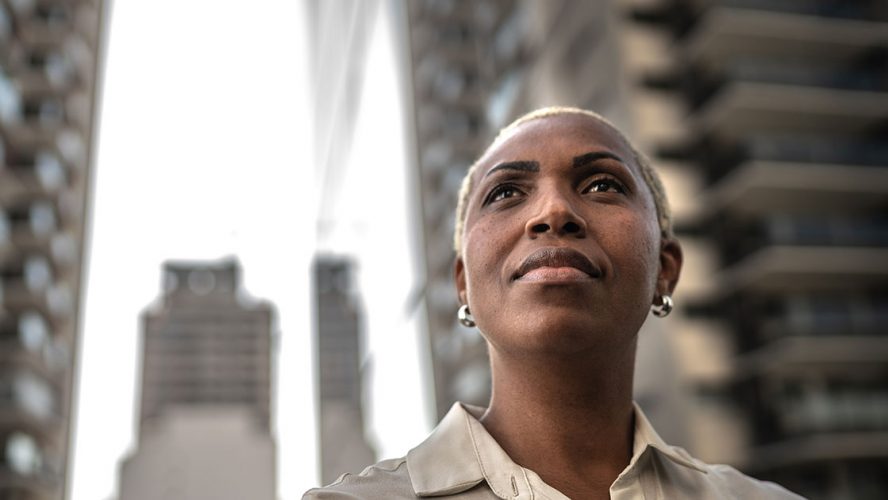The United States is changing rapidly, and that change is largely being driven by the Hispanic community.
The U.S. Census Bureau estimates there are more than 60 million Hispanics living in the United States. This estimate, however, doesn’t include the more than 3 million Hispanics — all U.S. citizens — living in Puerto Rico. So Latinos actually make up nearly 20 percent of the U.S. population.
We see our influence each day in changing perceptions and attitudes on virtually every aspect of our culture, from food and sports, to charting a path forward from COVID-19; earlier this year, U.S. Treasury Secretary Janet Yellen said, “If history is any guide, Hispanic-owned businesses will drive a large portion of the recovery.”
Yet Hispanics remain sorely under-represented in the halls of leadership. For example, we make up a paltry 1 percent of local, state, and federal elected officials, including just a fraction of members of Congress in Washington D.C., according to analysis from the National Association of Latino Elected and Appointed Officials (NALEO).
Representation matters
Regrettably, the discrepancies extend beyond leadership in government, encompassing virtually every sector. Consider the education field, where Hispanics make up just 2 percent of school superintendents, 3 percent of school board members, and 4 percent of university presidents.
Young Hispanics are incredibly bright, hardworking, and innovative — all outstanding leadership qualities — but given how seldom they (who already make up a quarter of the student population in our schools) interact with people who look like them in positions of authority and decision-making, it is no surprise that this situation persists.
We have long seen such disparities and inequality, of course, but the pandemic exacerbated the disproportionate health and economic impacts on the Hispanic community. What if leaders with our lived experiences were in the room where policy decisions are made? Is there any doubt that the long-stymied national debate around comprehensive immigration reform would take on a very different tenor with a more diverse Congress?
Imagine the different dialogue that would take place on a wide range of issues — including the status of Deferred Action for Childhood Arrivals (DACA) recipients — if more of our leadership accurately reflected and advocated for today’s electorate? Indeed, representation matters.
Driving recovery
We account for nearly 1 out of every 5 Americans. In order to truly reflect the changing face of our country, we need more Hispanic leaders in every sector, most notably in the public sector leading policy debates, which will help our communities recover, advance, and thrive, to the benefit of the entire nation.
The Hispanic community, of course, is not a monolithic block, nor is it solely focused on issues pertaining to immigration, despite how our interests are often framed on television and social media. Our voices must be heard, included, and represented on all crucial issues, ranging from healthcare to environmental justice, given the vulnerability of many Hispanic communities to the worst impacts of the climate crisis.
No one understands the issues and dynamics of our communities better than us, so we need more of our leaders at the table.
Empowering leaders
But leaders don’t just emerge on their own; they must be identified, mentored, encouraged, and supported. The Congressional Hispanic Caucus Institute (CHCI) is doing its part to develop the next generation of Latino leaders, but it will require a whole-of-society effort — engaging the public, private, and non-profit sectors — to intentionally support efforts to build a robust pipeline of Hispanic leaders throughout our society, ensuring that all of us can ultimately benefit from their insights, skill sets, and sorely needed perspectives.
It will also require investing in Hispanic communities and schools to ensure that all Americans, no matter what color, language, or zip code, can have the opportunity to pursue their goals through higher education, start a business, or buy their own home and a piece of the American dream.
Even on the tough days, I’m always inspired by the young people I meet and am lucky enough to work with. They recognize their opportunity and responsibility to be involved and fight their way to the table where big decisions are made. By building a pipeline of leaders who reflect our communities, we can not only ensure that our voices are heard, but reduce the inequities exposed by COVID-19 and make a stronger nation.

